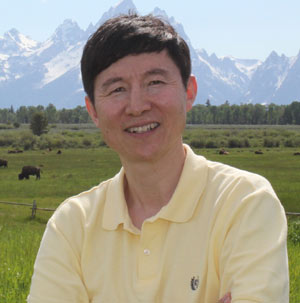Q+A:Jun Ni
Updated: 2014-01-10 16:12
(chinadaily.com.cn)
|
|||||||||
|
|
|
Jun Ni, director of the University of Michigan's Shien-Ming Wu Manufacturing Research Center. |
In your opinion, what were the main factors behind your success in the awards?
I started to travel back to China in 1994. In the last 10 years, I've traveled almost monthly between the US and China. I used my experience and knowledge to help promote advancement in engineering education in China, and to advise the Chinese government, industry and academia in the development of advanced manufacturing. I view myself as an ambassador between China and the US in engineering education and scientific research. My effort has paid off to promote mutual understanding between engineers and scientists.
How has your work in China helped your career develop in your native country?
For more than 10 years, I have helped to establish a collaborative partnership between the University of Michigan and Shanghai Jiao Tong University. This partnership has greatly benefited both universities in student exchanges and joint research. A large number of faculty, staff and students from both universities have visited the partner university and gained mutually beneficial experience. This collaboration has now been widely recognized as a role model between Chinese and international institutions.
What do you feel about the level of research carried out in China compared with other places around the world?
With strong support from the Chinese government, researchers in the country have made remarkable progress in scientific research. This has brought worldwide recognition as indicated by the number of scientific publications and patent applications. However, I have also noticed some differences in the type of research and quality of research work, particularly in the field of engineering research. Relatively speaking, US academic researchers focus more on fundamental aspects of technical problems, while Chinese researchers are strong in applied research and implementation. I hope Chinese researchers not only emphasize quantity but also quality in their research.
How do you feel about winning this award?
I am certainly excited to hear the news that I have been selected to receive this prestigious award. This award not only recognizes my contributions to the international cooperation in science and engineering between the US and China, but also sets a high expectation for future endeavors. I hope that I can continue to make new contributions.
What has been your most important accomplishment in China?
In my humble opinion, I introduced some of the innovative engineering education models and curricula to China, and helped a number of leading Chinese manufacturing companies to implement advanced manufacturing technologies with greatly improved manufacturing excellence.
What plans do you have to carry out work related to China in the next five to 10 years?
I plan to continue my role of an academic ambassador to promote the mutually beneficial collaboration between China and the United States.
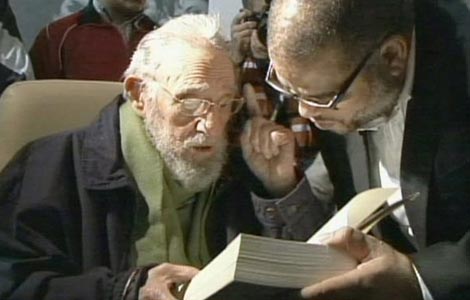
 Fidel Castro makes rare public appearance
Fidel Castro makes rare public appearance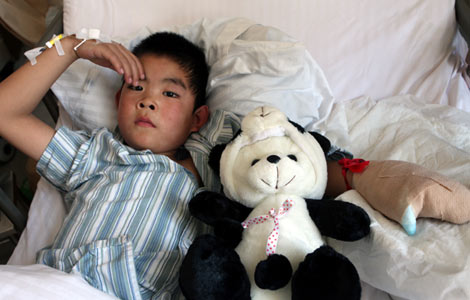
 Migrants feel pain of separation
Migrants feel pain of separation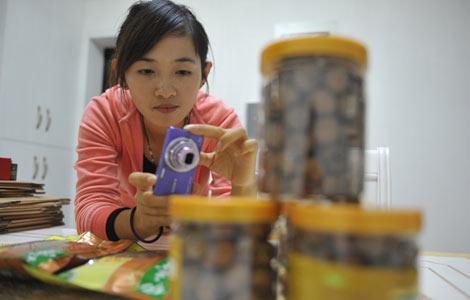
 Websites to be liable for sales of bad food, medicine
Websites to be liable for sales of bad food, medicine
 Largest sushi mosaic created in HK
Largest sushi mosaic created in HK
 UK police pick through US helicopter crash site
UK police pick through US helicopter crash site
 Riding the waves down under
Riding the waves down under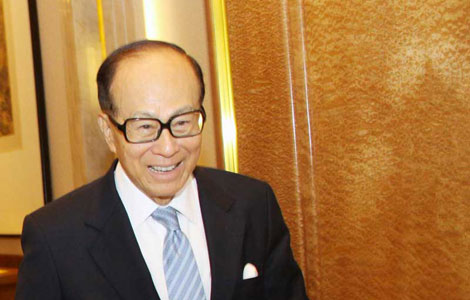
 The long-living rich in China
The long-living rich in China
 US skiing star Lindsey Vonn out of Sochi Olympics
US skiing star Lindsey Vonn out of Sochi Olympics
Most Viewed
Editor's Picks

|

|
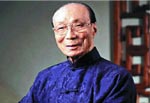
|

|

|

|
Today's Top News
US police all a-twitter about Weibo
China's role in Middle East will be enhanced: FM
Abe's new frontiers: Africa, Middle East
Rodman sorry for Bae comment
Reunion proposal rejected by DPRK
Apology urged for insulting Chinese
China's oil pipelines riddled with defects
Higher targets set for emission reduction
US Weekly

|

|
